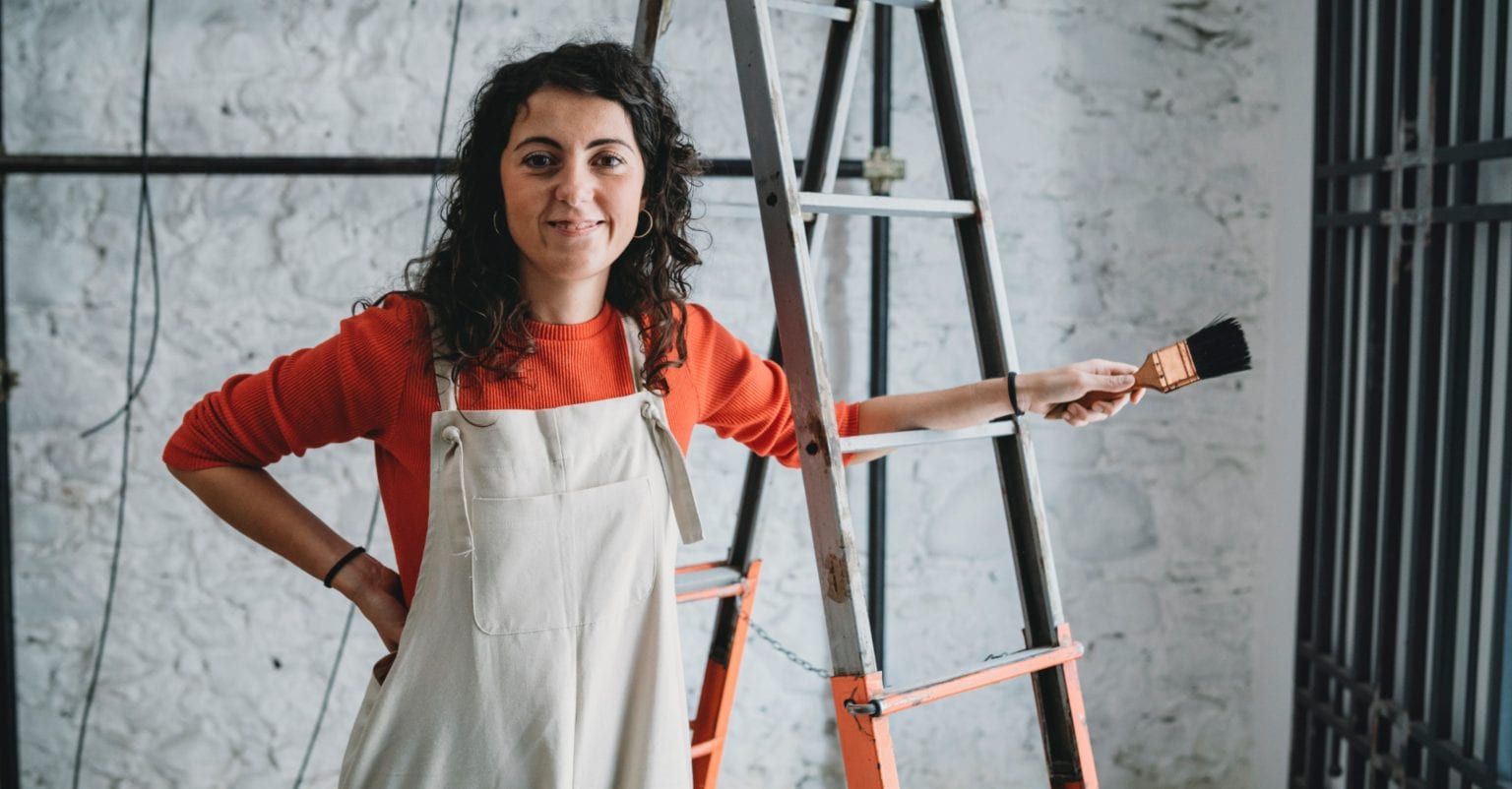Many small businesses are looking for ways to bounce back and beat the obstacles that 2020 has thrown at them.
But how can you feel confident in your next step? We asked two small business owners and a business coach to share their tips for strategically investing in your business amid the pandemic.
At a glance…
- Invest in getting your name out there while advertising rates are cheaper.
- Explore technology that will make your life easier in the long-run.
- Put capital behind essential future-proofing items, such as sanitiser stations, COVID-safe materials and screen partitions.
- Invest in staff who can do things you can’t.
Invest in marketing
Small business coach Nick Psalia says owners should look at opportunities to invest in future-proofing their business models during this period of uncertainty.
His top tip for small business investment is to fund online marketing efforts, as online advertising rates have dropped significantly since the start of COVID-19.
When looking for a return on investment in online advertising, Psalia says businesses need to put together a targeted marketing budget with a focus on lead conversion rates.
“It varies per industry, but as a rule of thumb it’s usually around $50 per conversion,” he says. “In construction and trade, if you’re converting under $200, you’re doing really well. And in retail, you should be looking to neutralise the advertising spends – the first product the customer buys should pay for the ad.”
Talea Bader co-owns a business called WorkIt Spaces which, prior to the pandemic, provided co-working spaces and ecommerce storage facilities.
“After the lockdown hit, walking through our offices it felt like a ghost town,” says Bader.
Bader and her co-owners decided to invest in digital marketing to promote their business.
“We invested in two new staff members to work on digital marketing, social media, SEO and PR.”
It proved a smart move because the surge in online shopping during the pandemic meant demand for their ecommerce storage offering skyrocketed.
Grab opportunities that present themselves
Bader used the insights from her marketing investment to open a new co-working space designed especially for ecommerce business owners, an idea they’d been thinking about for some time.
“We were always planning on doing this, we just weren’t sure which direction to take it in. The pandemic accelerated our plans. We had some doubts about investing in something so big, but we decided to go full steam ahead.”
This month they signed a lease for their new 7,500sqm workspace in Sydney specifically for ecommerce businesses – it includes desk space, loading docks, shipping stations, warehousing, logistics and fulfillment, all under one roof.
“We’re also going to invest in some new technologies and products to safeguard from COVID and future pandemics,” Bader says. This will include thermal body scanners, touchless sanitiser stations, screen partitions and workplace touch points created from antimicrobial materials.
Reassess your processes
Psalia says owners should also look at their existing processes, reassess what’s not working and optimise them for the future
“Start by reviewing the way that you look at administrative tasks. Consider what can be [automated] through a software investment,” he says.
A relatively simple analysis of administrative tasks, such as recording how much time tasks are taking, can point to where you might be able to make savings long-term, he says. A short-term outlay, such as investing in hardware and software, can pay off relatively quickly.
“Businesses with a service element should be thinking about investing in things such as iPads to allow customers to check themselves in and make orders. Not only will this help with social distancing requirements now, but it might allow you to cut down on headcount or re-allocate resources.”
Use technology to your advantage
At the start of lockdown, legal outfit Law Quarter, based on the Central Coast of New South Wales, saw a downturn in clients. This quiet period gave them breathing space to think of ways to improve their offering.
“We [invested a substantial amount of money] in custom programming machine learning and natural language processing. Our system now links inputs in terms of customer contracts and affidavits to our knowledge base,” says the firm’s principal, Connor James.
This technology investment will make James and his employees’ lives much easier in the future when their client workload picks up again. They can type live questions into their database during online hearings, which are more common in COVID-19 times, and be given the relevant law straightaway.
And the investment is paying off already – Law Quarter’s machine learning investment has been so successful in its productivity gains; it has prompted a new business idea to license the software-as-a service to other firms.
James warns that no business investment can be risk-free. It’s important to do your due diligence first by completing thorough research and accessing external advice where needed.
But once you’ve done that, Bader encourages small business owners to take the leap of faith.
“Our mindset was to buckle down and give it everything we could, rather than being scared to make investments in the business. Now is the time to get ahead,” she says.








